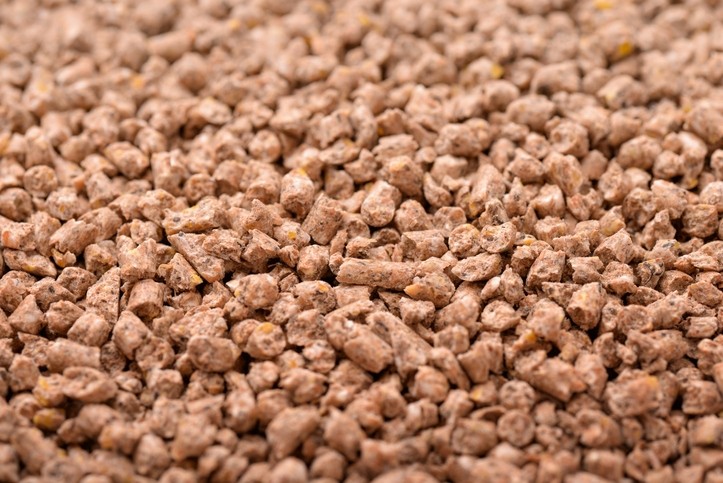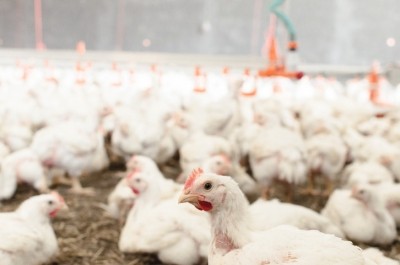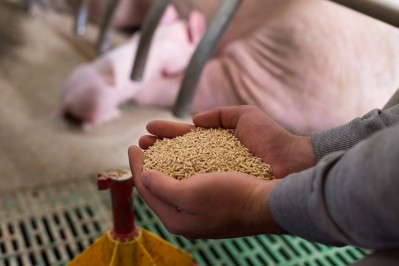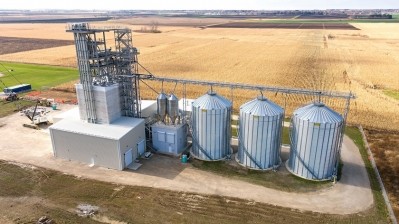Project aims to plug holes in feed pelleting process knowledge

The research initiative, Pelleting in the circular agriculture (PCA), involves experts from animal science, process technology, and physics. Project partners include Zetadec, Agrifirm, DSM, Elanco Animal Health, Phileo by Lesaffre, Pelleting Technology Netherlands, VICTAM Foundation, Feed Design Lab and Aeres Training Centre International.
Menno Thomas from Zetadec is one of the driving forces behind the project, said Joshua Dijksman, assistant professor, Physical Chemistry and Soft Matter, (WUR).
Coproducts have been used in feed manufacturing in Northwestern Europe quite extensively for many years but a challenge around using more fibrous co-products, which is a growing trend in the context of the EU circular agriculture agenda, is that pellet integrity can be undermined, said Dijksman.
"We will be mostly focusing on incorporating co-products from extraction processes from sugar, cereal and oilseed crops that are used in other industrial processes, such as human food production. The reality is that an increasing amount of nutritious yet fibrous co-products are becoming available for animal feed from such sources, for which we need more fundamental pelleting science.
“Experience from the field is that, when you include more fibrous products, the physical integrity of the pellet can be diminished, and this is a process that would like to get more insight about, the factors that determine the mechanical properties of pellets,” he told us.
Gaps in the literature
Surprisingly, said Dijksman, there are significant gaps in the literature in relation to published information, in the dissemination of knowledge around the fundamentals of pellet manufacturing.
“The basis physical chemistry aspects are quite clear but what is less clear is which of those play the dominant role, for example, whether the starchy components of the pellet, which will always be there in some form, will undergo a glass transition or not during the conditioning process, whether the mechanical compression aspect of the pelleting process has any significant impact on where the water is going, etc.
“At the later stages, when you cool and dry the pellets, then all kinds of physical and chemical processes are playing a role, and here, especially, we believe that fibrous coproducts are problematic."
A lack of knowledge about what happens during pellet storage is also a concern.
“There is very little fundamental insight into which physical or chemical processes are the most relevant ones, and, if you don’t know that, you also don’t know how to compensate when you want to add more fibrous co-products, for example.
“There is a lot of expertise in the field, of course, but it is based on experience, not published knowledge, and what we want to do is to establish a blueprint on the precise details of each stage of the pelleting process, all the factors that are relevant for product quality, but a blueprint that would also provide a basis for nutritionists to play around with certain ingredients and additives," added Dijksman.
Educational modules
A unique feature about this project is that the research findings are actively disseminated to feed professionals through workshops organized by the Feed Design Lab and e-learning modules developed by Aeres Training Centre International.
Guido Bosch, project co-coordinator, who is part of the animal nutrition group at WUR, said: “In this way we believe that we can provide feed manufacturers with new knowledge and tools that allow them to make their feeds more fit for the circular agriculture.”












